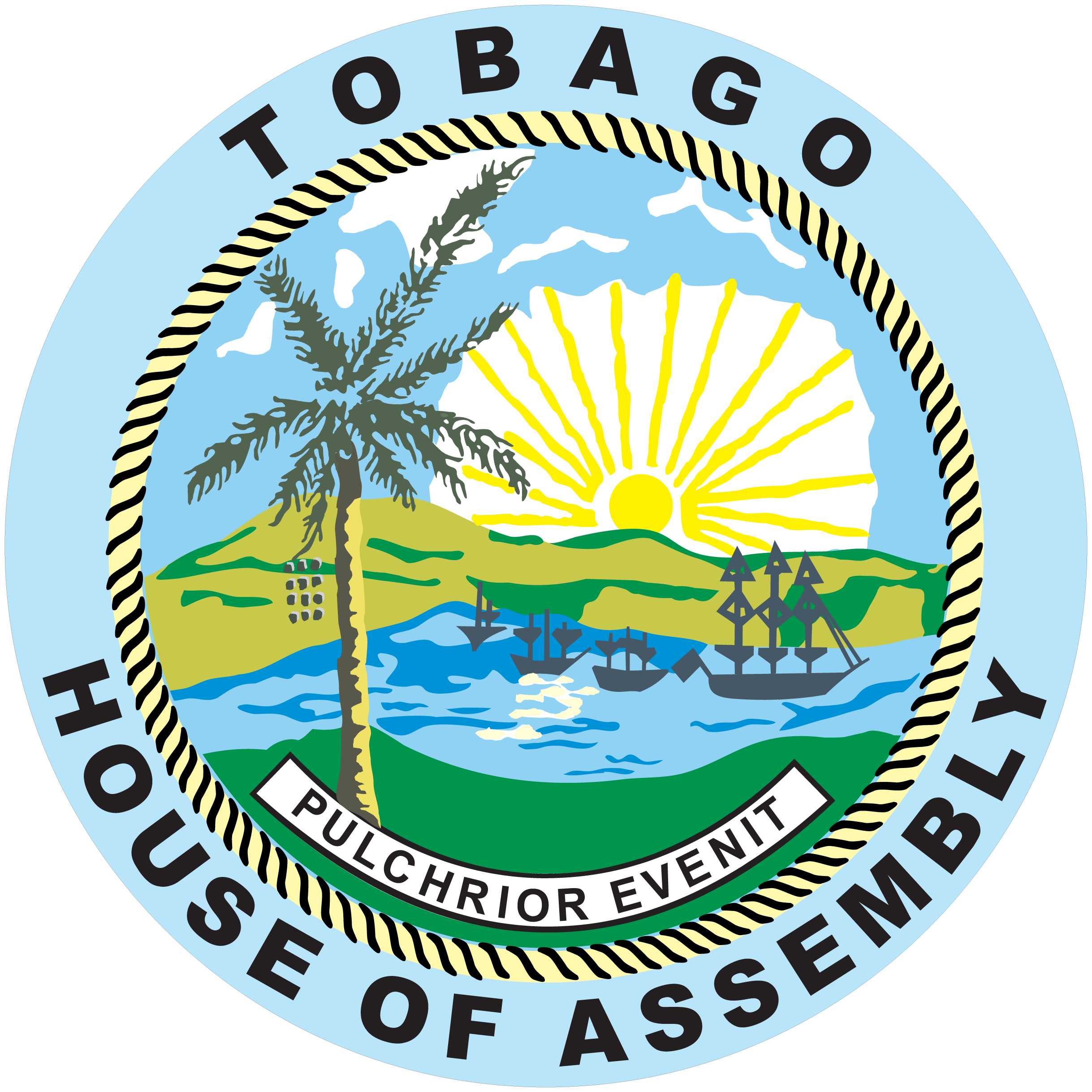Tobago’s transportation woes could soon come to an end, with the Tobago House of Assembly moving to purchase 50 new Brazilian-made buses for the travelling public.
The fleet will include three different size buses, with seats for 28, 36 and 50 passengers respectively. Several of these buses will cater for persons with disabilities, while some will also service the tourism sector.
The announcement was made by Secretary of Infrastructure and Public Utilities Councillor Gary Melville at Thursday’s March plenary sitting of the Assembly’s legislature. The THA was debating a motion for improving the public transportation system. Melville plans to take a note to the Executive Council this week requesting funds to acquire the fleet.
Melville disclosed that in February 2015, the Executive Council engaged Brazilian public transportation companies, Volare, Marco Polo and Agrale as possible providers of the buses. The exercise was also used to evaluate solutions for public transportation inefficiencies, and to determine the best vehicles to suit Tobago’s unique terrain. Marco Polo, Melville said, is the preferred choice.
Councillor Melville said while these new buses would address the needs of the domestic commuter, the Assembly and its private transportation agents have discussed ways to meet the demands of the tourism sector by connecting tourists to local attractions in a timely and convenient manner.
“It is the intent of the Assembly to advocate for the formalisation and expansion of the private Maxi Taxi body with a view to buttressing the current scarcities in transportation,” he said.
According to Councillor Melville, the Assembly also plans to implement a coordinated traffic light system at the five major intersections on the Claude Noel Highway from Signal Hill to Calder Hall, at a cost of $450,000.
This mechanism, he explained, will allow drivers to proceed through a coordinated string of green lights. This will allow traffic to flow, resulting in shorter queues and reduced traffic congestion, especially during peak travelling hours.
